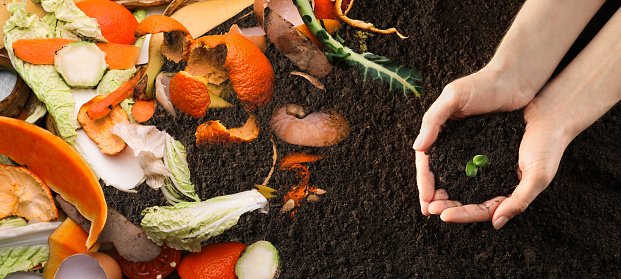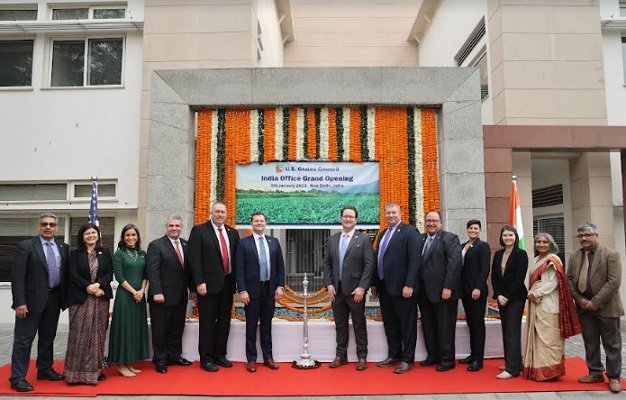IIT Mandi researchers identify microbial pairs which convert agri waste into biofuels
The process can sustainably generate bioethanol and other green chemicals in bioreactors.
Indian Institute of Technology Mandi researchers have identified microbial pairs that can effectively convert cellulose (a major component present in Agriculture residue and paper waste) into useful chemicals, biofuels, and carbon suitable for several industrial applications.
The details of this research have been published in the journal Bioresource Technology Reports, in a paper co-authored by Dr Shyam Kumar Masakapalli, Associate Professor, School of Biosciences and Bioengineering, Dr Swati Sharma, Assistant Professor School of Engineering and their research scholars Chandrakant Joshi, Mahesh Kumar, Jyotika Thakur from IIT Mandi, Martyn Bennett and Mr David J. Leak from University of Bath, Bath, United Kingdom, and Neil MacKinnon from KIT, Germany.
Plant dry matter, also known as lignocellulose, is one of the most abundant renewable materials on Earth. Lignocellulosic waste from agriculture, forests, and industries can be converted into valuable chemicals such as bioethanol, biodiesel, lactic acid, and fatty acids using a process called bioprocessing. Bioprocessing, however, involves multiple steps and can release undesirable chemicals, requiring multiple washing and separation steps, which increases costs.
Scientists are exploring an innovative method called Consolidated Bioprocessing (CBP) to convert lignocellulosic biomass into useful chemicals. This method involves combining saccharification (the conversion of the cellulose into simple sugars), and fermentation (the conversion of simple sugars into alcohol) into one step. One way to achieve this is by using a Synthetic Microbial Consortium (SynCONS). SynCONS are a combination of different microorganisms; in this case, two types of microbes are selected, one brings about saccharification and the other, fermentation. A combination of microbes that is stable at high temperatures (thermophilic consortia) is particularly useful because fermentation is a heat-releasing process.
IIT Mandi scientists studied two SynCONS systems for a cellulose processing process that was followed by pyrolysis. Pyrolysis, a method that decomposes organic materials by heating them above 500 oC in the absence of oxygen, was integrated with microbial bioprocessing. Pyrolysis converts the unreacted raw materials and side-products formed into useful carbon. Pyrolysis also destroys the microbes after their work is done, which eliminates the need for safe disposal.
Explaining the details of the work, Dr Shyam Kumar Masakapalli, IIT Mandi, said, “We analysed multiple microbes to create SynCONS that could convert cellulose to ethanol and lactate. We developed two SynCONS – a fungal-bacterial pair and a thermophilic bacterial-bacterial pair – both of which exhibited effective cellulose degradation with total yields of 9% and 23%, respectively. After pyrolysis of the remnant biomass, we obtained a carbon material with desirable physicochemical properties.”
The researchers obtained even higher ethanol yields (33 per cent) with the thermophilic SynCONS by including another engineered fermentative partner. The co-use of cellulose-acting enzymes (cellulases) for saccharification resulted in a 51 per cent yield of ethanol.
Dr Swati Sharma, IIT Mandi, added, “The microbial consortia designed can be adopted for bioprocessing of cellulose to valuables such as industrial enzymes like cellulase, ethanol, and lactate. Once scaled up, this process can sustainably generate bioethanol and other green chemicals in bioreactors. The carbon obtained after pyrolysis can be used in a range of applications such as water filtration and electrodes.” The method has been patented, and further scale-up of the bioprocess is ongoing.
The process can sustainably generate bioethanol and


